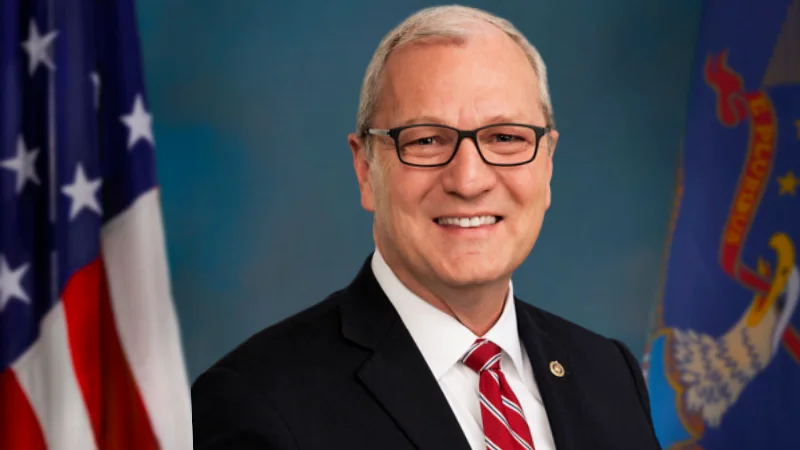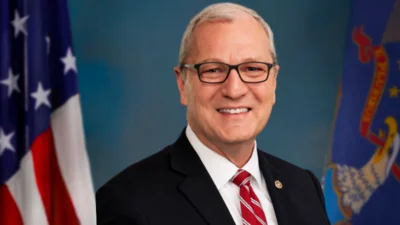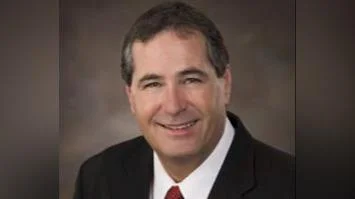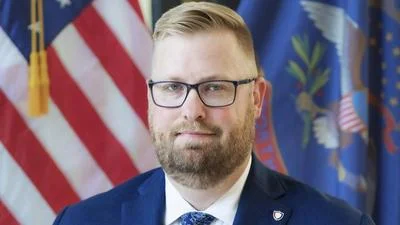Senator Kevin Cramer, US Senator for North Dakota | Senator Kevin Cramer Official website
Senator Kevin Cramer, US Senator for North Dakota | Senator Kevin Cramer Official website
By a narrow margin, the United States Senate has passed the Rescissions Act of 2025, which aims to eliminate $9 billion in federal spending deemed unnecessary. The legislation was approved with a 51 to 48 vote and follows passage in the House of Representatives last month by a similarly close margin of 214 to 212. The bill now returns to the House for final consideration before potentially reaching President Trump’s desk by Friday.
The Rescissions Act implements $9 billion in cuts requested by the Trump administration. It targets 20 unobligated funding balances, as permitted under the Impoundment Control Act, which requires Congress to address such requests within a set timeframe or allow funds to remain available.
Senator Kevin Cramer (R-ND), who serves on the Senate DOGE Caucus, supported the measure and commented: “After four years of reckless spending by the Biden administration, President Trump is right to request this cut in wasteful spending and Congress was right to pass it. This bill reclaims taxpayer dollars for hardworking North Dakotans and Americans, but this is only the beginning. Congress and the administration have a lot more work to do to restore accountability and fiscal sanity to Washington.”
A significant portion of the rescinded funds comes from appropriations for the Corporation for Public Broadcasting (CPB), which supports National Public Radio (NPR) and Public Broadcasting Service (PBS). According to documentation from the Trump administration, these funds were characterized as supporting “a public media system that is politically biased and an unnecessary expense to the taxpayer.”
Although CPB is required by law to maintain political neutrality, recent content funded through CPB has included programming on gender transitions among minors, coverage discussing topics like “fatphobia,” and children’s shows featuring drag queens. NPR has also produced stories about diverse gender identities among animals while being criticized for its handling of certain political stories.
In April 2024, Senator Cramer led several senators in sending a letter to NPR CEO Katherine Maher expressing concerns about editorial direction at NPR and calling for stronger journalistic standards.
The legislation specifies that reductions will not affect emergency broadcast services. Local radio stations in North Dakota continue providing emergency alerts as required by Federal Communications Commission regulations. Additionally, federal programs such as FEMA’s Integrated Public Alert & Warning System (IPAWS) and grants under Next Generation Warning System (NGWS) remain fully funded.
Other cuts target foreign aid accounts that lawmakers say are inconsistent with American interests or Congressional intent. Projects affected include international initiatives promoting veganism, pride events abroad, renewable energy projects outside U.S. borders, diversity efforts related to infrastructure lighting overseas, outreach programs for migrants in South America, climate-focused reproductive health curricula, and social media mentorships in Eastern Europe.
Despite these reductions, core funding remains intact for major global health initiatives—such as PEPFAR; tuberculosis; malaria; maternal and child health; nutrition—as well as support for countering PRC influence efforts and ongoing commitments in Middle East aid.






 Alerts Sign-up
Alerts Sign-up